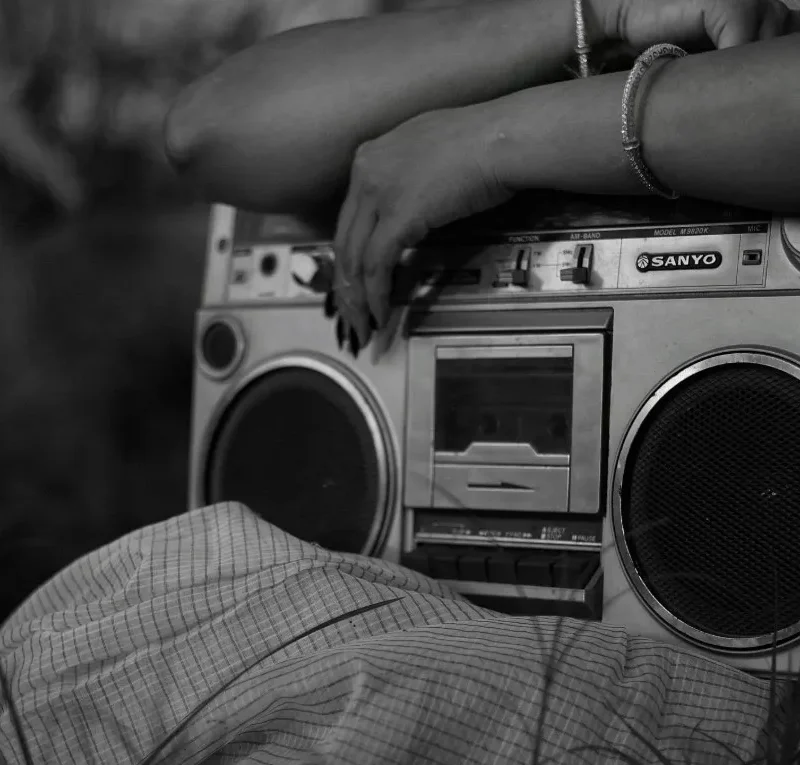In today’s charged political climate, a complex battle is being waged not with armies, but with language. Terms that once signaled a commitment to social justice—primarily “WOKE” and DEI (Diversity, Equity, and Inclusion)—have become the focal point of a massive political backlash.
This isn’t just about buzzwords; it’s about the very function of government and the direction of our culture. Understanding the current controversy requires looking beyond the headlines to see the opposing arguments and the profound constitutional questions at stake.
Defining the Terms in Conflict
The core of the debate lies in the shifting definitions of these concepts.
The Evolution of “WOKE”
| Original Context (Mid-20th Century) | Current Political Use (Weaponization) |
| “Stay Woke” was a phrase rooted in African-American vernacular for remaining alert to racial prejudice and social injustice. | A pejorative umbrella term used by critics to dismiss a broad range of progressive ideas, political correctness, and identity politics as radical, excessive, or divisive. |
The Disputed Meaning of DEI
| Proponents’ View | Critics’ View (Anti-DEI) |
| Diversity: Ensures representation across race, gender, background, etc., leading to better outcomes. | Diversity: Focuses on superficial differences and racial quotas, which leads to unqualified hires. |
| Equity: Fair processes that address historical disadvantages and systemic barriers (e.g., tailored support). | Equity: Mandates “equality of outcome,” requiring discrimination against majority groups (reverse discrimination) to achieve specific demographic results. |
| Inclusion: Creating a welcoming environment where all feel valued and empowered to participate. | Inclusion: Fosters an “ideological orthodoxy” that stifles free speech and punishes those who hold dissenting views. |
⚖️ The Constitutional Question: Language vs. Law
The central question about the First Amendment is where this debate becomes a legal showdown. The First Amendment protects a private citizen’s right to speak, but the government’s role is different.
The First Amendment Defense of DEI
Courts have been critical of government efforts to censor specific concepts:
- Viewpoint Discrimination: Federal courts have temporarily blocked key provisions of some anti-DEI EOs and state laws (like Florida’s “Stop WOKE Act”) because they constitute viewpoint discrimination. The government cannot use its power (like withholding funding or imposing penalties) to suppress ideas, concepts, or beliefs simply because it disagrees with them.
- The “Chilling Effect”: While the government is not literally erasing the words “DEI” from the entire internet, the threat of legal sanction and defunding creates a “chilling effect”. Organizations dependent on government contracts or grants may self-censor by purging the language from their internal communications and websites to avoid policy risk, thereby voluntarily erasing part of their operational history and culture.
The Government Speech Doctrine
The most significant legal nuance is the Government Speech Doctrine:
- Government Control: The government is allowed to control the content of its own speech. For instance, the administration can legally direct federal agencies to remove DEI programs and associated content from federal government websites, as this is considered policy direction and not a restriction on public speech.
- The Line in the Sand: The government steps over the First Amendment line when it attempts to use funding as a weapon to punish the private speech of citizens, contractors, or grant recipients on matters of public concern—which is precisely what groups are arguing these new laws and EOs attempt to do.
There is no credible plan to “strip the language from the internet,” but there is a clear, institutional effort to strip the funding and structure from programs associated with that language, igniting an intense legal battle over the First Amendment’s role in government policy.




